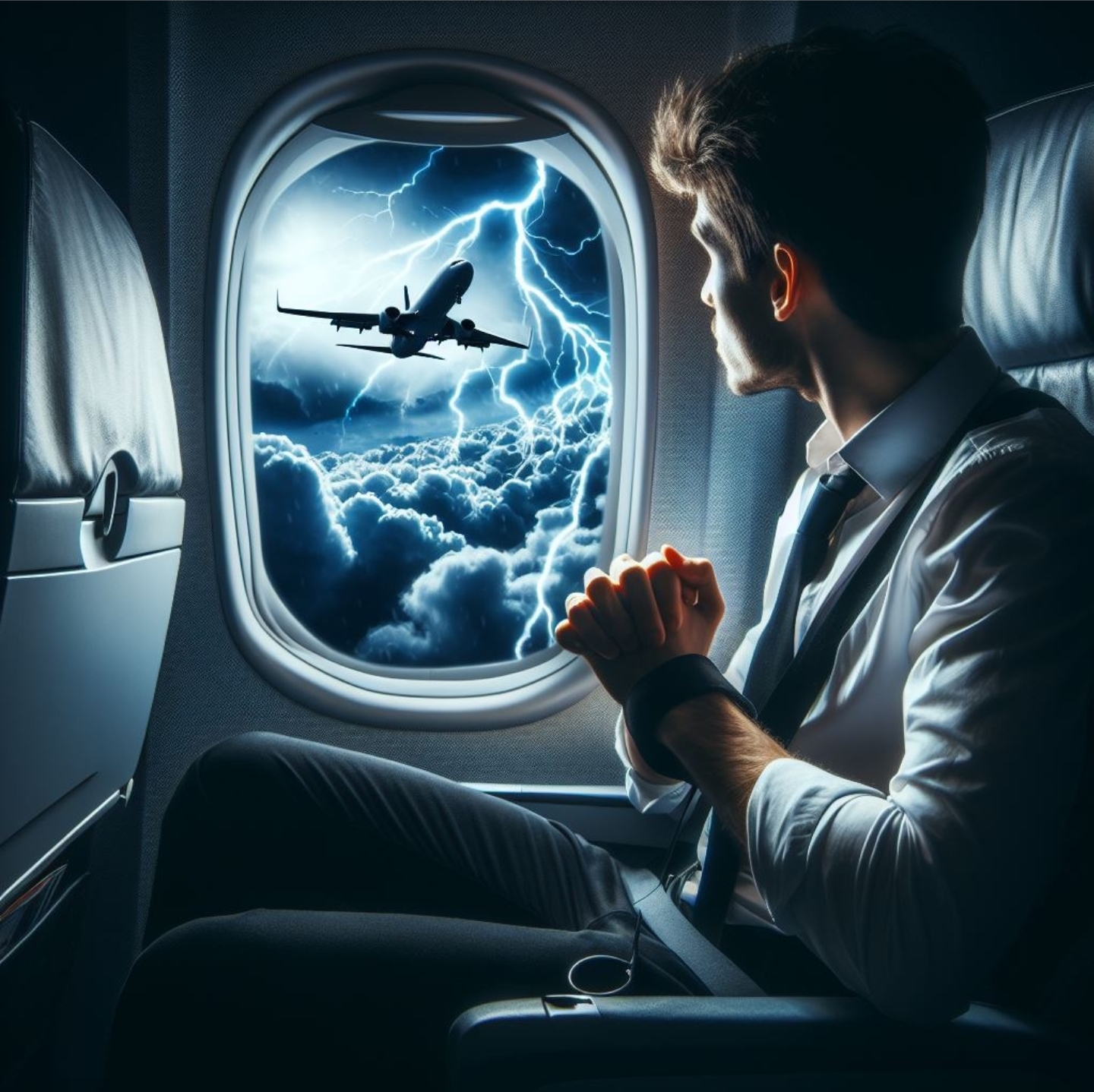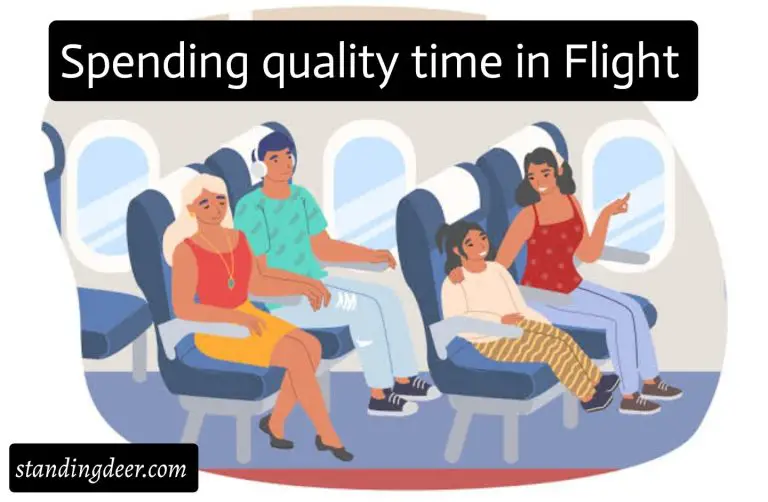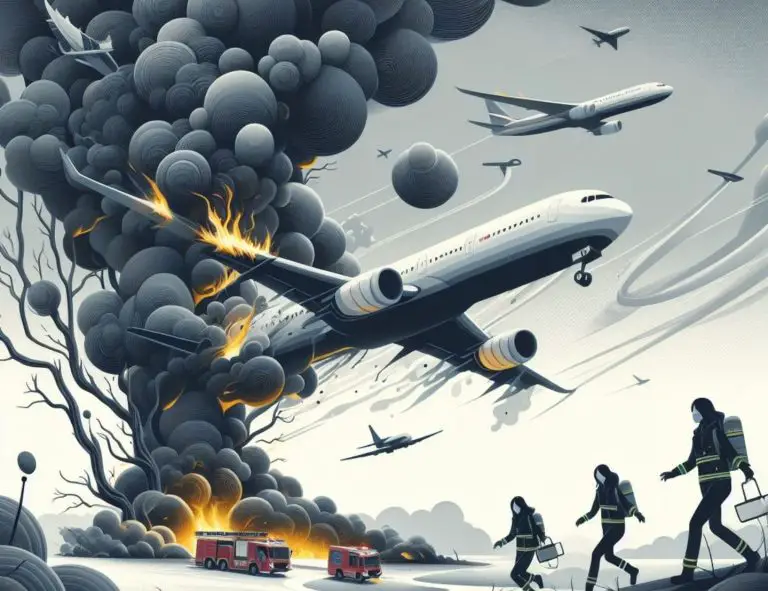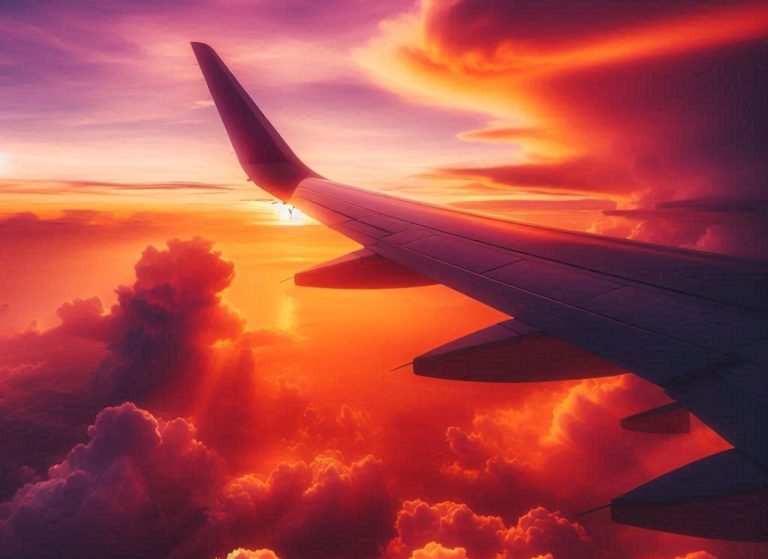Why Am I So Afraid of Flying? Understanding the Fear of Air Travel
For many people, the thought of flying can evoke feelings of anxiety and fear. Whether it’s due to a fear of heights, loss of control, or past negative experiences, the fear of flying can be a significant barrier to travel for some individuals. Let’s explore the underlying causes of this fear and ways to overcome it.
Understanding the Fear
Fear of Heights:
- Some individuals experience acrophobia, or a fear of heights, which can be triggered by the sensation of being high above the ground while flying.
- The perceived lack of control and vulnerability in an enclosed aircraft cabin can exacerbate feelings of anxiety for those with a fear of heights.
Fear of Loss of Control:
- The inability to control the aircraft or influence the outcome of the flight can be a source of anxiety for many fearful flyers.
- Fear of turbulence, mechanical malfunctions, or other unforeseen events can heighten feelings of helplessness and fear of losing control.
Past Traumatic Experiences:
- Negative experiences such as turbulent flights, emergency landings, or witnessing aviation accidents can leave a lasting impact on individuals and contribute to a fear of flying.
- Post-traumatic stress disorder (PTSD) resulting from past aviation-related trauma can further intensify fear and anxiety surrounding air travel.
Coping Strategies
Education and Knowledge:
- Educating oneself about the safety and mechanics of air travel can help alleviate fears and dispel misconceptions about flying.
- Learning about the rigorous safety protocols, training procedures for pilots and crew, and statistical data on aviation safety can provide reassurance to fearful flyers.
Relaxation Techniques:
- Practicing relaxation techniques such as deep breathing, meditation, or progressive muscle relaxation can help calm the mind and body during flights.
- Utilizing mindfulness apps or guided meditation recordings can provide additional support for managing anxiety while flying.
Cognitive Behavioral Therapy (CBT):
- CBT is a therapeutic approach that helps individuals identify and challenge irrational thoughts and beliefs associated with fear.
- Working with a qualified therapist experienced in treating phobias can help individuals develop coping strategies and gradually confront their fear of flying.
Exposure Therapy:
- Exposure therapy involves gradually exposing oneself to the feared stimulus, such as flying, in a controlled and supportive environment.
- Participating in programs or workshops designed to help fearful flyers gradually confront their fear and build confidence in their ability to fly safely.
Seeking Support
Support Groups:
- Joining a support group or online community for fearful flyers can provide a sense of camaraderie and encouragement from others who share similar experiences.
- Connecting with fellow travelers and sharing coping strategies and success stories can help individuals feel less alone in their journey to overcome their fear of flying.
Professional Help:
- Seeking support from a mental health professional, such as a psychologist or therapist, specializing in anxiety disorders can provide personalized guidance and treatment for fear of flying.
- Therapy modalities such as CBT, exposure therapy, or eye movement desensitization and reprocessing (EMDR) may be beneficial for addressing underlying fears and trauma associated with air travel.
Conclusion
The fear of flying is a common and understandable phobia that can affect individuals of all backgrounds and experiences. By understanding the underlying causes of this fear and implementing coping strategies such as education, relaxation techniques, and seeking professional help, individuals can gradually overcome their fear and regain confidence in their ability to fly safely. Remember, it’s okay to seek support and take proactive steps towards managing fear and anxiety surrounding air travel. With patience, persistence, and support, fearful flyers can embark on journeys with confidence and ease.








